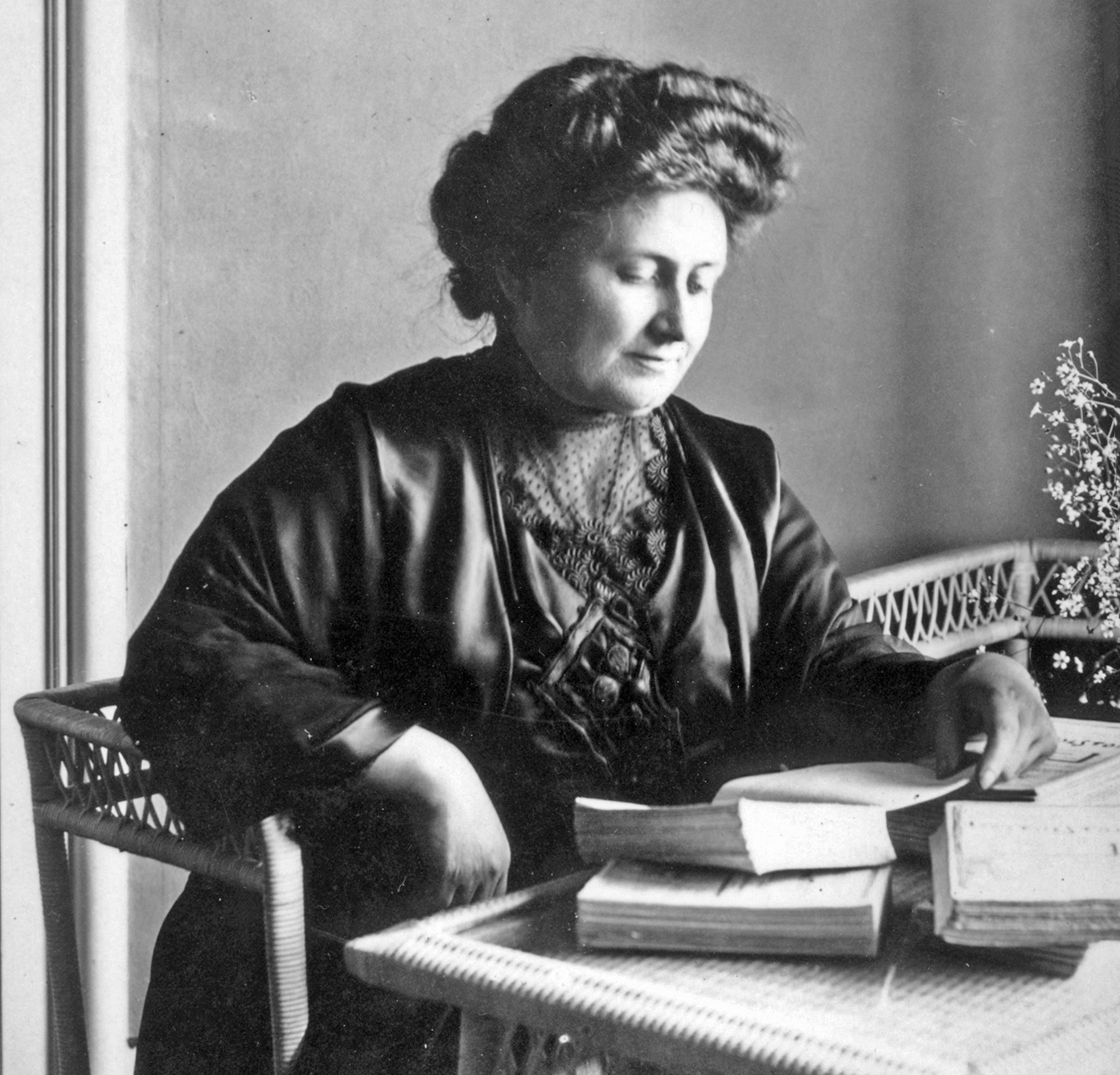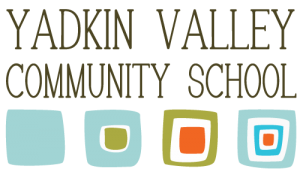Dr. Montessori

Who was Dr. Maria Montessori?
Italian physician and educator Dr. Maria Montessori developed the Montessori method of education in the early 1900s. Her study of math, physics, natural sciences, biology and medicine led Montessori to apply to the College of Medicine at the University of Rome. She became the first female certified physician in Italy in 1896. In addition to her duties as a doctor, Montessori conducted research work in psychiatric medicine and continued her education in philosophy, psychology and education. She was appointed professor of anthropology at the University of Rome in 1904.
In 1906, at the age of 36, Montessori founded the first Casa dei Bambini, or “Children’s House”. Sensorial materials that she had developed previously were introduced, and to her surprise, Montessori discovered how naturally young children adapted and enjoyed learning everyday tasks. These activities were constructive and gave the children a sense of self-worth and independence. From this respect for the individual beauty and potential grew the Montessori Method. Montessori observed and identified critical periods of early childhood development, and the methodology evolved to address these periods with age-appropriate learning tools and activities.
Throughout the rest of her life, Maria Montessori continued her work, which became widely recognized and embraced throughout the United States, Europe, and India. She conducted and founded training courses on these continents, established a research institute in Spain, and developed Montessori Training Centers in the Netherlands and London.
Maria Montessori was a three-time nominee for the Nobel Peace Prize- in 1949, 1950, and 1951.
